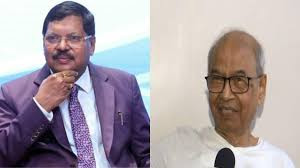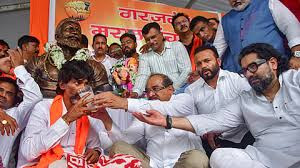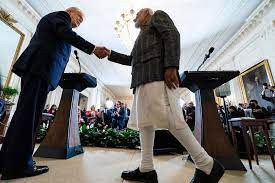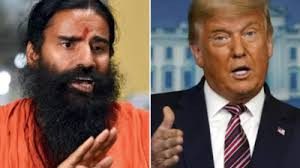NCP Leader Jitendra Awhad Claims Lord Ram was Non-Vegetarian and King of Bahujan
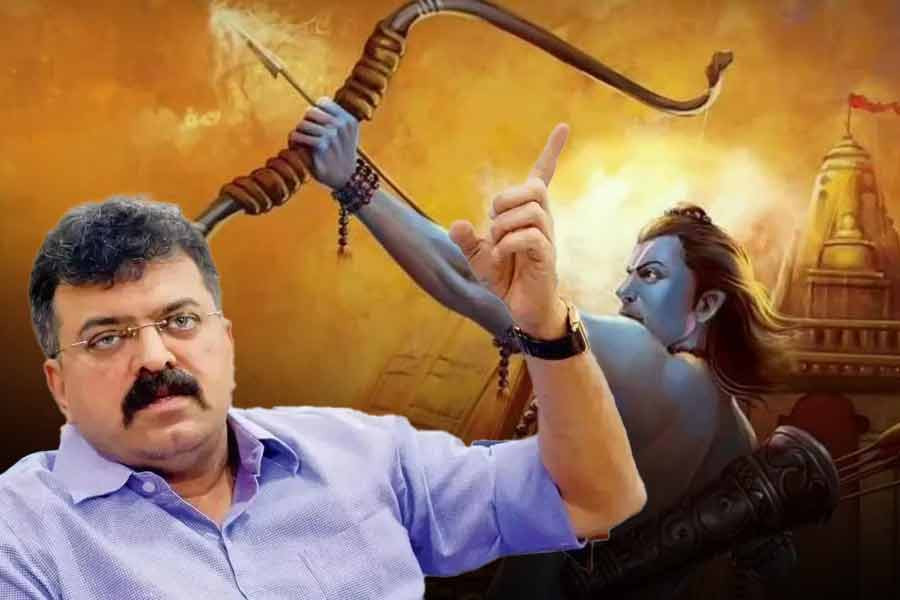
IIE Digital Desk: NCP faction leader Jitendra Awhad has stirred controversy by asserting that Lord Ram, a revered figure in Hindu mythology, was a non-vegetarian and the king of the Bahujan community. Awhad made these assertions during a public event, sparking a heated debate among political circles and religious communities.
Addressing a gathering, Awhad argued that historical and mythological figures often have aspects that are overlooked or misrepresented. He claimed that Lord Ram's dietary preferences were non-vegetarian and emphasized his connection with the Bahujan community, suggesting that the narrative around Ram's life needed to be revisited.
This statement has drawn sharp criticism from various quarters, with religious leaders and political opponents condemning Awhad for his remarks. Supporters of the NCP leader, however, argue that his intention is to promote a more inclusive interpretation of historical figures, challenging established norms.
Awhad's remarks have ignited a broader conversation about the intersection of mythology, history, and contemporary politics. Some scholars and intellectuals have weighed in on the controversy, stating that Awhad's assertions should be seen in the context of a larger movement that seeks to reevaluate traditional narratives and foster inclusivity.
The BJP and other right-wing political groups have strongly opposed Awhad's claims, labeling them as an attempt to distort historical facts and manipulate religious sentiments for political gains. The controversy adds another layer to the already complex landscape of Indian politics, where historical and mythological interpretations often become tools for political maneuvering.
As the debate rages on, Awhad's statements continue to draw both support and criticism, highlighting the delicate balance between historical reinterpretation and the preservation of cultural and religious sentiments in the diverse tapestry of Indian society.
You might also like!





